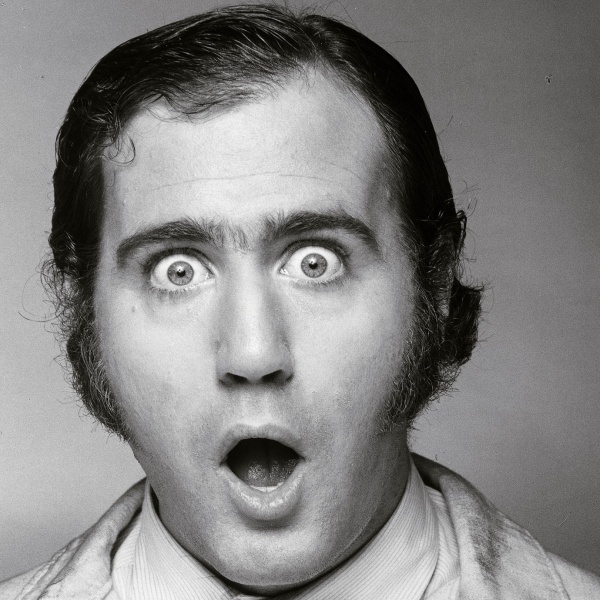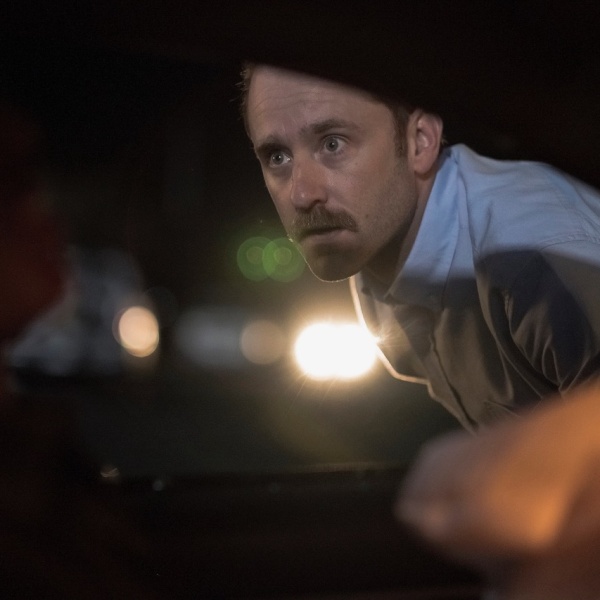
John Sayles‘ latest feature, “Amigo,” is an intriguing moral fable, marrying historical narrative with a fictionalized tale that takes us on an emotional journey with those on both sides of a conflict. The background is the Philippine–American War of the early 20th century, a well-documented but not widely known (it certainly was skimmed over in our history classes) attempt to “win hearts and minds” of Filipinos. The “amigo” of the title refers to Rafael (Joel Torre), a cabeza (head) of a barrio whose initially envious position becomes his downfall when the Americans unceremoniously occupy the village and attempt to root out guerilla fighters who have taken refuge in the adjacent wilderness. Rafael’s brother is the leader of the local insurrection and so the village head finds himself in the ultimate predicament, pacifying the trigger-happy Americans while half-heartedly supporting his brother’s revolutionary tactics. “Amigo” succeeds largely because it refuses to simplify the situation or spell out the obvious comparisons a viewer could make to U.S. global politics today. It’s also well-acted, handsomely shot with rich scenery and a novelistic approach to character development. In short, it’s another fine entry in Sayles’ already impressive body of work and should more than please fans of the auteur.
As the film gears up for release this weekend, we had a chance to speak with Sayles on whether he intended for “Amigo” to represent current politics, the casting of Joel Torre (a Filipino superstar actor) and the state of filmmaking today (and in case you missed it, he also talked about the many projects on this plate in a piece we ran earlier).

Did you intend for “Amigo” to create comparisons that would resonate with the U.S.’ current incursions into Afghanistan and Iraq?
You know, it does, that’s not why I made the movie, but I think it’s kind of unavoidable. You may have noticed in the film at some point, Chris Cooper’s character says, “We’re here to win their hearts and minds.” When I was doing research on this period, I was kinda shocked to see this phrase show up over and over, including Teddy Roosevelt applying it specifically to the Philippines. And then I tracked that saying back to the Bible. I think people in uniform have been saying that since the Romans invaded Judea [laughs].
I think whenever you have a situation when one country is occupying another, is fighting a guerilla war against the people of that country, you’re going to have these people like the Amigo [Joel Torre] who are stuck in between, who have to make those though decisions – “How much can I cooperate without being a collaborator and how much can I resist without being hanged? I just wish this war was over and everybody would go away and let us, you know, plant our rice, but that’s not gonna happen.” One of the reasons I started this movie was reading a statistic that hundreds if not thousands of these barrio mayors were killed during the Philippine–American War.
How did you go about casting Joel Torre? I know he accompanied you when you traveled through the Philippines…
It’s interesting, it’s a rare thing for me, but I actually wrote the part with Joel in mind. Joel is a very well-known Filipino actor, has played most of their national heroes at least once, a very versatile actor. I got to know him through Mario Ontal, who’s been my associate editor on a lot of movies, who’s also a Filipino and grew up with Joel. So I was just visiting him and he was helping me look around, do research for “A Moment In the Sun,” [my] novel that just had come out, and we got to talking about the Filipino movie business.
And I realized that because of the existence of a real movie industry there, you have a lot of talented people there and you don’t have to bring a whole crew or most of the cast over, and that they make pretty good looking big-scale movies for very little money. So I had this idea of a movie set in a village, and I just kinda felt like, “Joel’s one of these guys who can pretty much get along with everybody, he’s a very generous actor with other actors, what if he plays a guy who’s kind of in the middle, who’s used to solving other people’s problems, getting along with everybody, and you put him in a situation where that’s no longer possible. If you get along too well with one side, the other side’s going to want to kill you, and then both sides will want to kill you.”
I developed the thing knowing that Joel would be the lead character, he would be the mayor of the barrio. And then, seeing more Filipino movies with Joel and Ronnie Lazaro (one of two casting directors), I just asked them “Bring me three people for every Tagalog-speaking part, and I’ll audition that man and you, just bring me good actors.” And there were so many good actors, I was just kinda thrilled with the cast.
“Amigo” ends on a very unusual freeze-frame – could you explain why you chose that final shot?
Well, some of it is, it’s a strange ironic moment where the son of the guy who keeps getting called “amigo” is handing his gun in and he’s being called “amigo”, but also, we just heard all the guerrillas say to him, “You’re the next generation, what are you gonna do?” So I wanted to end on him, surrounded by Americans, which is where the Philippines ended. They did get their independence, forty something years later, they got to the fight Japanese occupation to do it, and finally, the United States made their promise good that eventually they would be able to get out of territorial status. Their emotion isn’t just on the emotion, it’s something that people carry in their hearts and minds, and [the son] may never pick up the gun again but you know that in his head he’s still thinking about it. So we had to end on him, he’s the next part of the story, the story doesn’t end there.
Is it getting more difficult to get financing as the adult drama goes the way of the dodo bird?
It’s the life of any filmmaker now, there’s just a lot of question marks, you’ve got your hands in a lot of things and you hope one of them will get made. You really don’t know, it’s not really in your power to do anything but write the best draft you can, and you may not be there when it’s finally made, three other writers may have worked on it after you left it. Or can you raise the money — we had just enough money left to make “Amigo” — and now it’s all gone [laughs]. So I don’t know if we’ll make another movie or what it will be, because it’s pretty hard to raise money to make a movie from other people’s money.
“Amigo” opens in limited release on Friday, August 19th.




